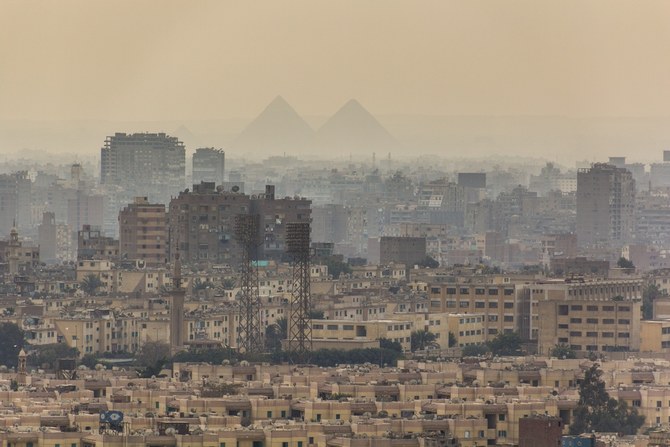CAIRO: Egypt’s net foreign assets deficit shrank $17.8 billion in March, its second month of decline, central bank data showed, after remittances, foreign portfolio investment and a $5 billion payment from the UAE poured into the country, according to Reuters.
Egypt received a second $5 billion payment from the UAE in early March for a land development on the Mediterranean coast after an initial payment in February.
On March 6, it devalued its currency and announced an $8 billion agreement with the International Monetary Fund, triggering a flood of portfolio investments and remittances from workers abroad.
The March NFA deficit shrank to 200 billion Egyptian pounds ($4.18 billion) from 679 billion pounds in February.
The March NFA figures does not reflect an $820 million first instalment in early April under the expanded IMF financial support program.
Commercial banks’ foreign assets jumped by $7.4 billion in March while their liabilities slid by $3 billion, according to Reuters calculations based on central bank data and taking account of the March 6 devaluation.
Egypt has allowed its currency to weaken to 47.8 pounds to the dollar since it signed the IMF agreement after having left it fixed at 30.85 to the dollar for a year.
Central bank foreign assets rose by $3.5 billion while its foreign liabilities decreased by $3.9 billion.
NFAs represent both central bank and commercial bank assets held by non-residents, minus their liabilities.
The $17.4 billion reduction in the deficit followed a $7.04 billion reduction in February.
Before that, the central bank had been drawing on the NFAs over the past two and a half years to help support the country’s currency. In September 2021, NFAs stood at a positive $3.9 billion.















